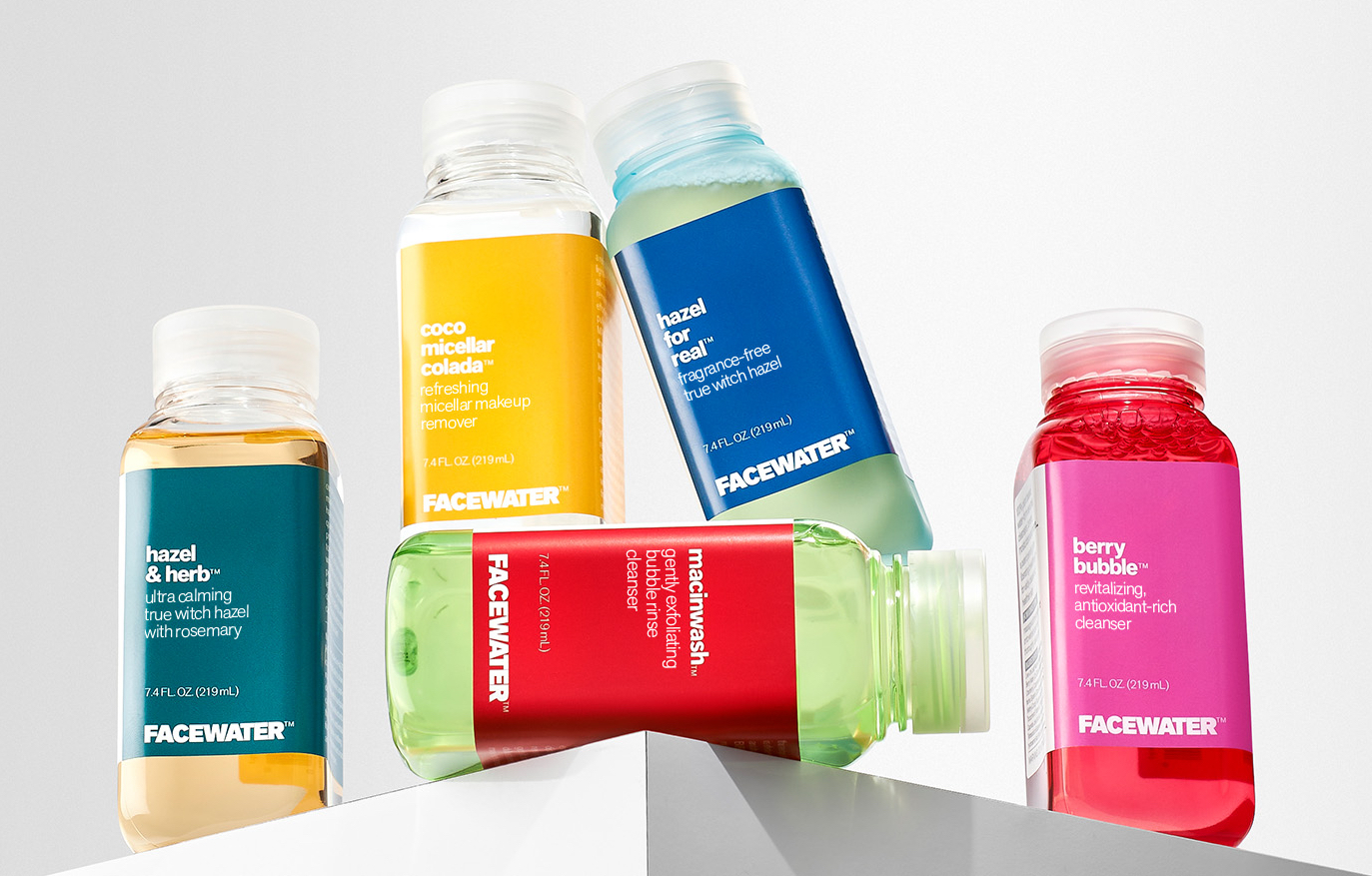
Plant Beauty Distillery’s Inaugural Brand Facewater Uses A Patent-Pending Distillation Process To Produce Hydrosols At Peak Potency
Roughly three and a half years ago, Plant Beauty Distillery founder Gary Grey read an article about liquor distillation that included a section about how the age-old process is employed in perfumery and cosmetics.
As an entrepreneur who’s dabbled in several areas of the beauty industry since the late 1980s, he immediately wanted to learn more. Months of research later, he landed on the idea for Plant Beauty Distillery and its inaugural brand, Facewater, both of which debuted in the fall last year.
“I started reading a ton of articles about hydrosols, how they’re made, and how they’re used in skincare, and it was through this that I discovered common issues that certain formulators face like contamination and preservation,” says Grey, principal at Spartan Brands, a personal care developer, manufacturer and marketer founded in 1987. “I knew my team and I could improve upon the efficacy of hydrosols in skincare in a big way.”
Grey tapped a former head of distillation at a fragrance and flavor company and a coworker with a background in biomedical engineering to bring his brainchild to life. “We figured out what we could improve and how we could innovate, and that’s how we came up with 100% plant- and hydrosol-based skincare,” says Grey. “My philosophy going in was, unless we’re going to add something new and innovative to the market, then it doesn’t make sense to spend the time and money to launch the brand, so we really made sure we could bring something different to the table.”
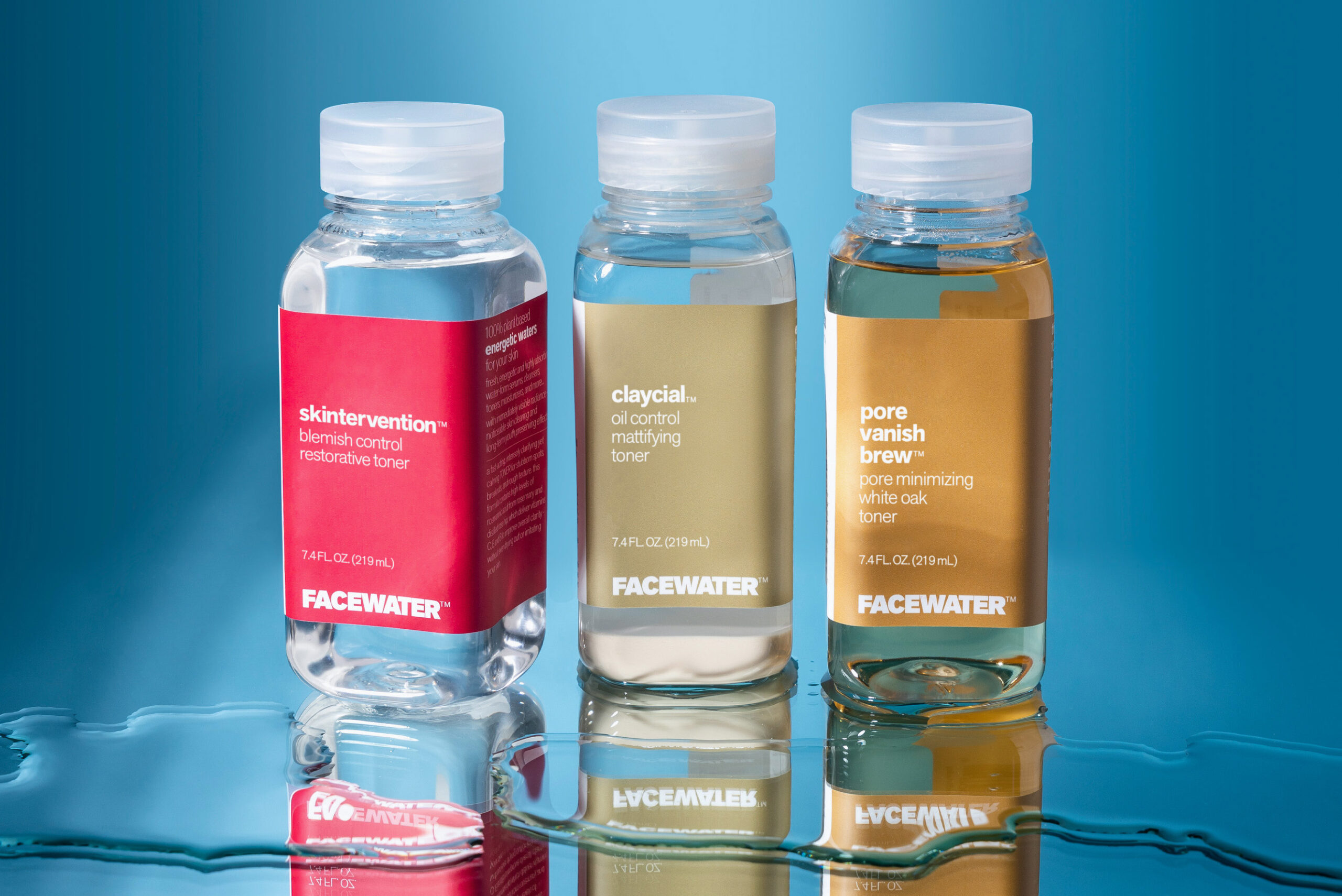
To that end, there’s a few factors that make Plant Beauty Distillery and Facewater different from what preceded them, especially when it comes to hydrosols that tend to encounter quality control issues. For the unfamiliar, hydrosols are aqueous solutions yielded from the distillation of flowers, leaves and fruits. Due to their therapeutic benefits, they’ve been staples in aromatherapy and have breached skincare.
Facewater’s formulas combine hydrosols with time-tested, clinically proven skincare ingredients. Plant Beauty Distillery’s patent-pending dual-phase vacuum distillation process captures whole, uncompromised plant actives to create hydrosols at their peak potency.
Plant Beauty Distillery operates its own distillery and farm in Pennsylvania that’s dedicated to zero carbon emissions. The property runs on renewable energy. “Our company is unique in that we are close to 100% vertically integrated,” says Grey. “From the cosmetic scientists creating all of our own formulas to an in-house print shop where we print our own product labels, to filling, compounding and distributing, we do it all.”
Plant Beauty Distillery even has its own proprietary preservation method. Its products undergo challenge testing exposing them to various types of bacteria and fungi to verify that they’re adequately preserved. “This is how we ultimately determine the efficacy and shelf life of all our products,” says Grey. “There’s no cutting corners. If it’s not 100% safe, shelf-stable and proven effective, we’re not putting it out there.”
“I knew my team and I could improve upon the efficacy of hydrosols in skincare in a big way.”
Facewater has 31 products in its lineup priced from $16 to $33 for full-size 7.4-oz bottles. The assortment runs the gamut of what Grey calls “water-form” products, meaning they have a liquid consistency that allows them to rapidly absorb into the skin. Housed in containers that look akin to fresh-pressed juice bottles (think Juice Generation), the range spans six categories: Bubble Rinse Cleansers, Serum Waters, Toners, OilWaters, Moisture Waters and Makeup Removers. All of the products are vegan with the exception of one, the soothing alcohol-free witch hazel product B5 Bee Honey Hazel, containing honey.
Grey describes the products as “lightweight, fast-absorbing targeted leave-on treatments” with key active ingredients such as vitamin C and niacinamide. Facewater’s Plant Venom line with four products—Alt Retinol, a wrinkle-fighting nighttime serum water with bakuchiol; Vitamin C, a brightening nighttime serum water; Niacinamide, a blemish control nighttime serum water; and Ceramides, a post-blemish recovery nighttime serum water—is popular. Alt Retinol is Facewater’s bestseller.
Plant Beauty Distillery trials its products with hundreds of consumers ahead of releasing them to ensure they’re up to par. “We recruit real people, typically on social media, and ask them to test our products for two full weeks and then fill out a survey with their feedback,” explains Grey. “If we don’t get good or great results, we go back and rework the formula. It’s that simple.”
To raise awareness, Plant Beauty Distillery has turned to TikTok and Instagram, though Grey says it’s still experimenting with tactics for best communicating its mission, the science behind its products and distinct selling points. The company currently boasts around 8,000 followers on TikTok. Its most successful TikTok post, a video highlighting Plant Venom Alt Retinol, has amassed just under half a million views.
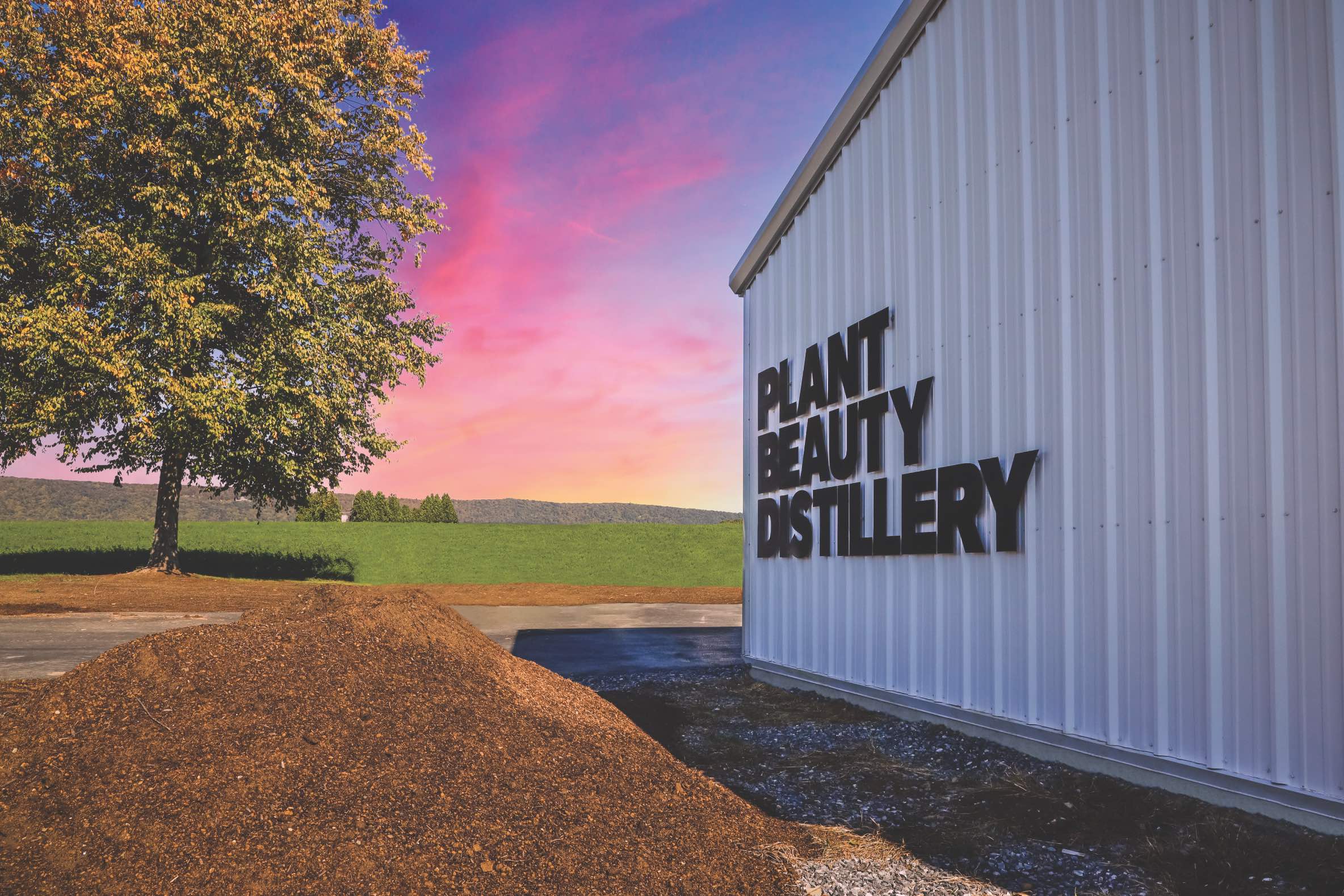
In the near future, Grey says self-funded Plant Beauty Distillery may be looking for partners or investors to help it grow. He declines to disclose a sales projection for the year, but shares the company has fielded retailer interest. “It’s becoming increasingly clear that you need retailers to survive in this market,” says Grey. “We have hopes of getting into all the usual big suspects, Target, Ulta, Sephora, Walmart.”
Grey envisions introducing a number of brands under Plant Beauty Distillery’s umbrella, not dissimilar from the multi-brand strategy that The Ordinary parent company Deciem pursued in its early days. They will stick to plant-based formulas and harness Plant Beauty Distillery’s distillation process.
“We have many exciting things in the works,” says Grey. “In addition to expanding the Facewater offerings with several new collections and feature ingredients, we are also in the early phases of experimenting with haircare and many other innovative skincare ideas.”
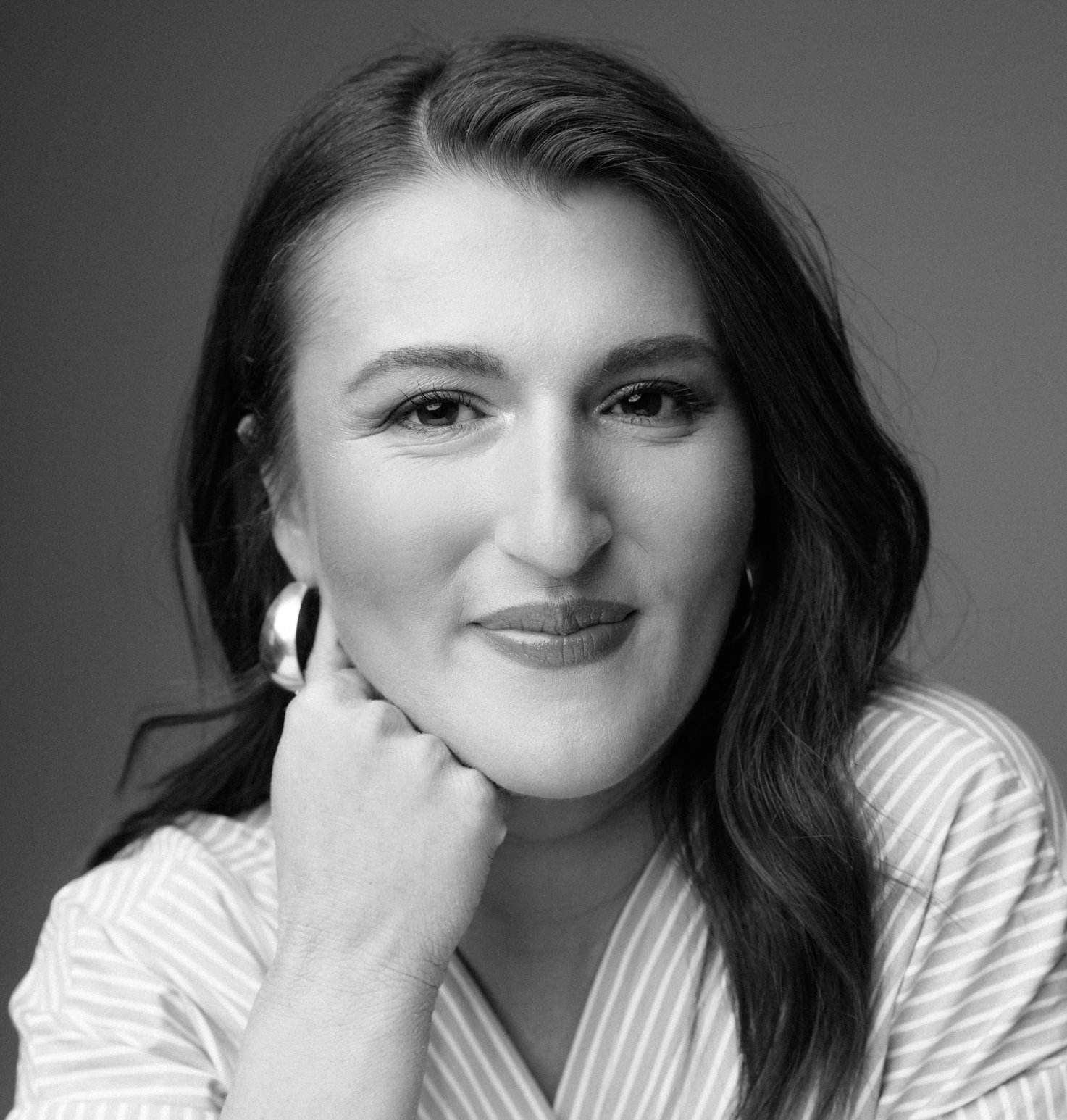
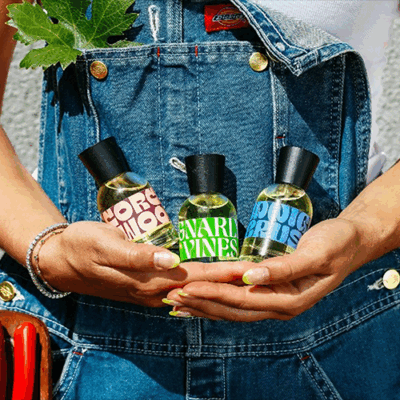

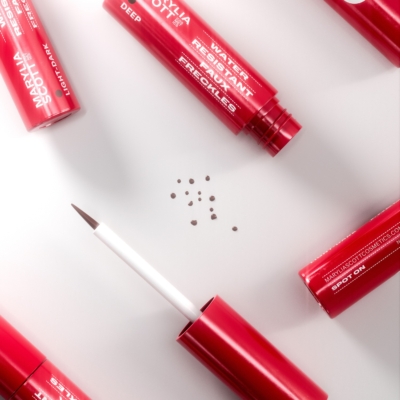
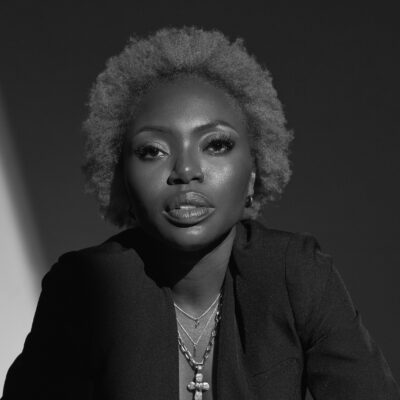
Leave a Reply
You must be logged in to post a comment.